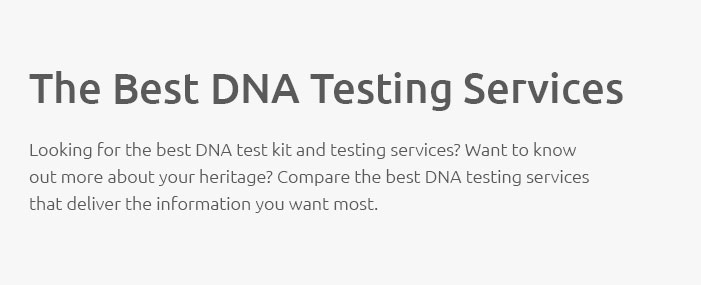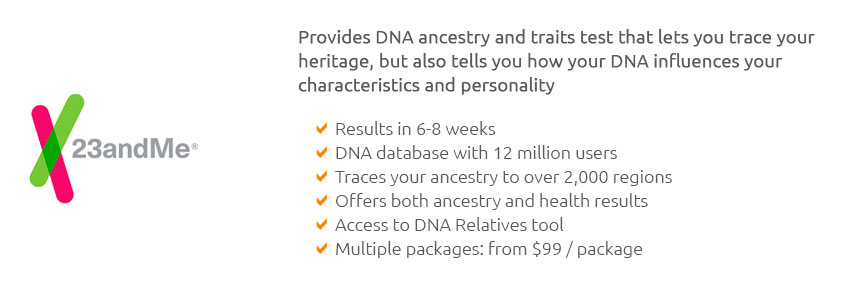 |
 |
 |
|---|
 |
 |
|---|
 |
|
|---|---|
 |
 |
 |
 |
 |
 |
 |
 |
 |
 |
 |
 |
 |
 |
 |
 |
|---|
How Can I Have My DNA Tested?In the modern era, the allure of unraveling the mysteries of one’s genetic makeup has become an accessible reality for many, as DNA testing offers profound insights into ancestry, health predispositions, and personalized medicine. However, embarking on the journey of DNA testing requires careful consideration and a strategic approach to avoid common pitfalls. This article provides a comprehensive guide on how to navigate the world of DNA testing, ensuring that you make informed decisions every step of the way. Firstly, understanding the types of DNA tests available is crucial. Generally, DNA tests fall into three categories: autosomal DNA tests, Y-DNA tests, and mtDNA tests. Autosomal tests are the most popular, offering insights into your ethnicity and connecting you with relatives across all ancestral lines. In contrast, Y-DNA tests trace paternal lineage and are only applicable to males, while mtDNA tests explore maternal ancestry and can be taken by anyone. When deciding which test suits your needs, consider what you aim to discover; for a comprehensive view, many opt for autosomal testing. After determining the test type, the next step is selecting a reputable testing company. With numerous options available, it’s essential to conduct thorough research, comparing factors such as pricing, privacy policies, and database size. Companies like AncestryDNA, 23andMe, and MyHeritage DNA are well-known, each offering unique features and specialties. For instance, 23andMe provides health-related insights, whereas AncestryDNA boasts a vast network for genealogical connections. Privacy concerns are paramount; ensure that the company you choose has robust data protection measures and clearly outlines how your genetic information will be used. Once you’ve chosen a company, the process is relatively straightforward. Typically, you’ll receive a kit with instructions to provide a saliva sample, which is then sent back for analysis. While this step is simple, pay attention to the instructions to avoid sample contamination, which can lead to inconclusive results or the need for retesting. Receiving your results can be an exciting yet overwhelming experience. It’s important to approach the information with a critical eye, particularly health-related data. Consulting with a genetic counselor can be invaluable, helping you interpret complex genetic information and understand potential implications for your health. Be wary of making medical or lifestyle decisions solely based on DNA test results without professional guidance. Lastly, be prepared for unexpected discoveries. DNA testing can reveal unknown relatives, uncover family secrets, or challenge your understanding of your heritage. Such revelations require sensitivity and an open mind, as they may impact your personal identity and family dynamics. In conclusion, while DNA testing offers fascinating insights and opportunities for self-discovery, it demands thoughtful preparation and careful decision-making. By selecting the appropriate test, choosing a reliable company, and approaching results with a balanced perspective, you can maximize the benefits of DNA testing while minimizing potential drawbacks. As you embark on this journey, remember that your genetic makeup is just one piece of the intricate puzzle that defines who you are. https://www.redcrossblood.org/biomedical-services/blood-diagnostic-testing/dna-laboratory-services.html
The DNA is then extracted from these cells and used for testing. If necessary, we can test other samples. Contact us if you have any questions about special ... https://www.23andme.com/?srsltid=AfmBOorqANdvv6CnkJ9RY8VmvZuXDzfOBfOgJ10aWWkMTgbDTSIk5g4u
23andMe offers DNA testing with the most comprehensive ancestry breakdown, personalized health insights and more. https://www.aetna.com/health-guide/dna-health-testing-facts.html
But if you're considering DNA testing for health reasons, it's important to get your primary care doctor involved. Experts usually recommend genetic testing ...
|
|---|